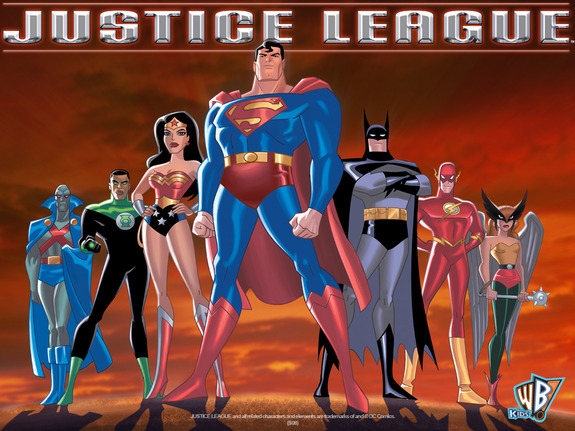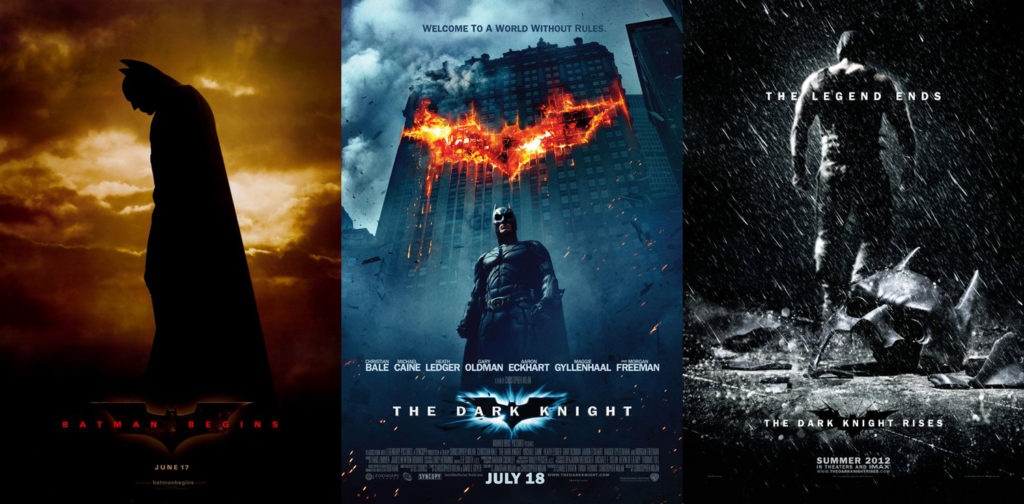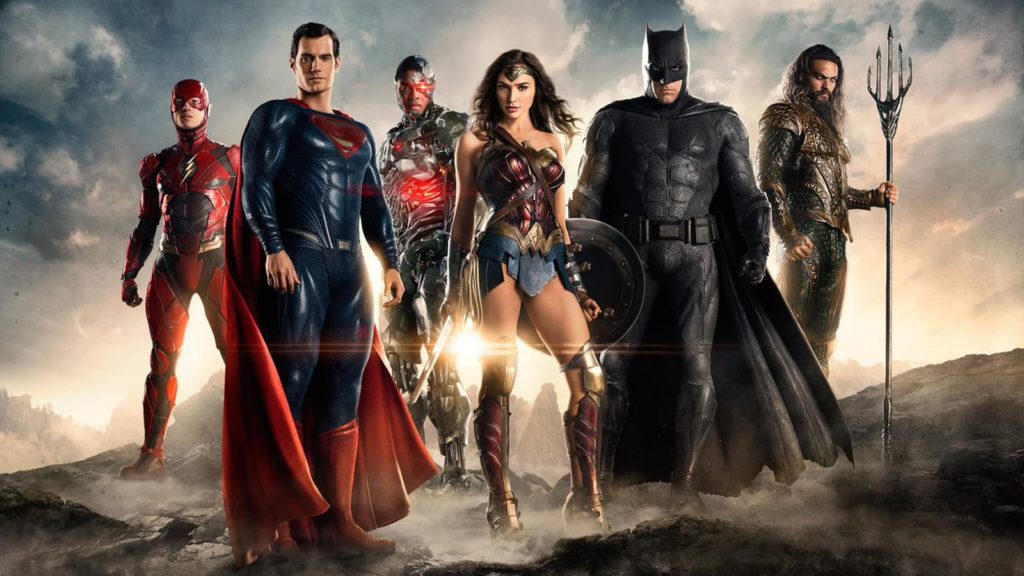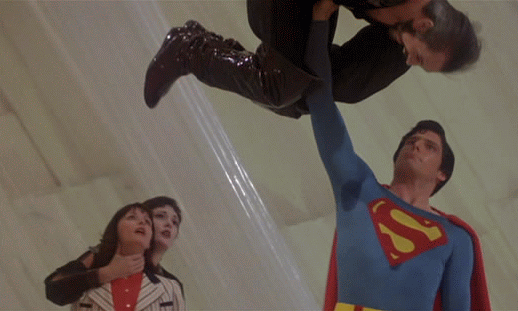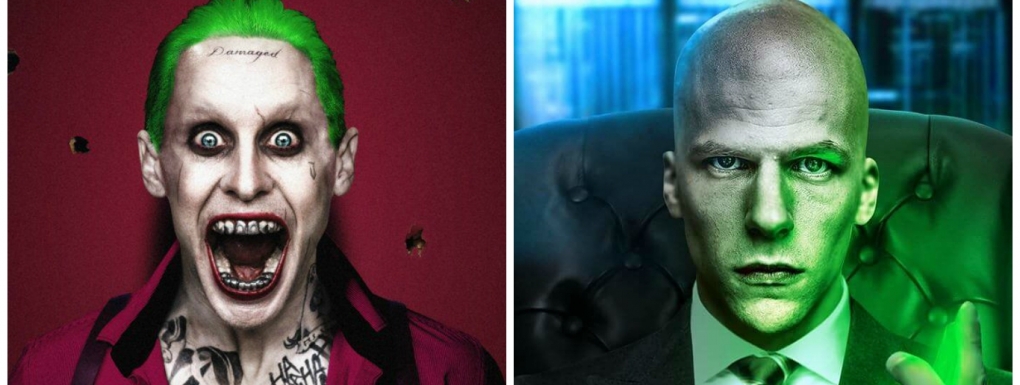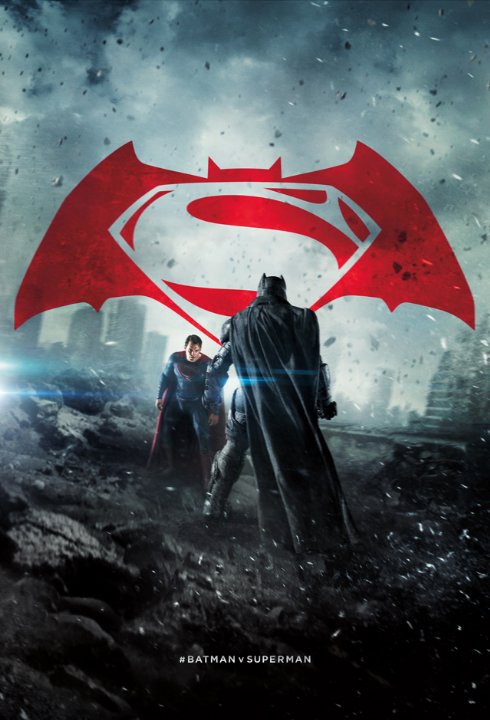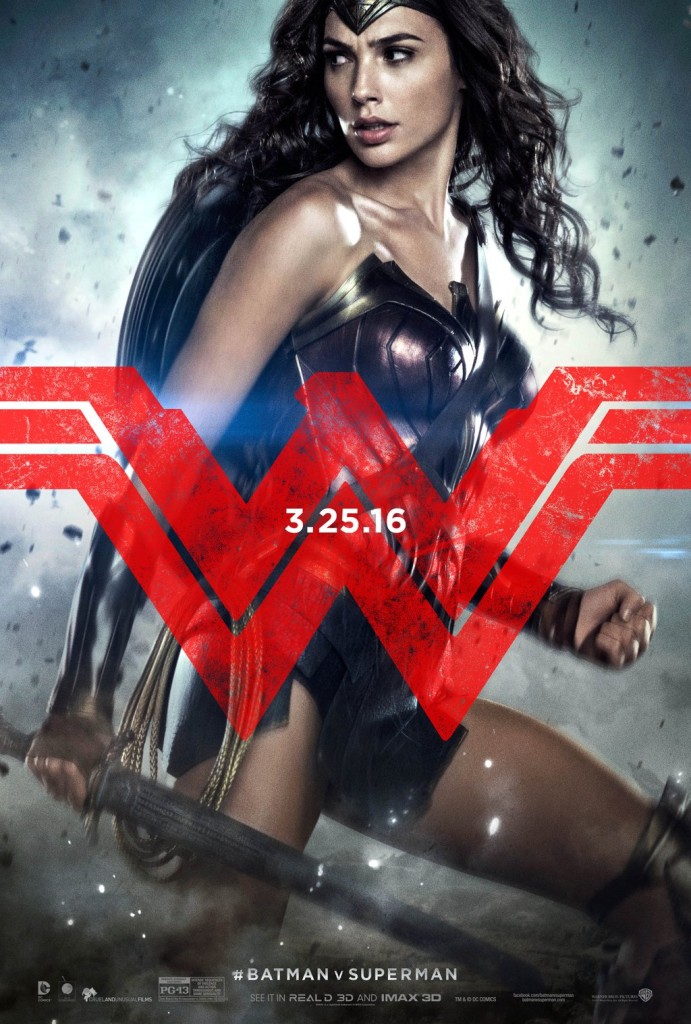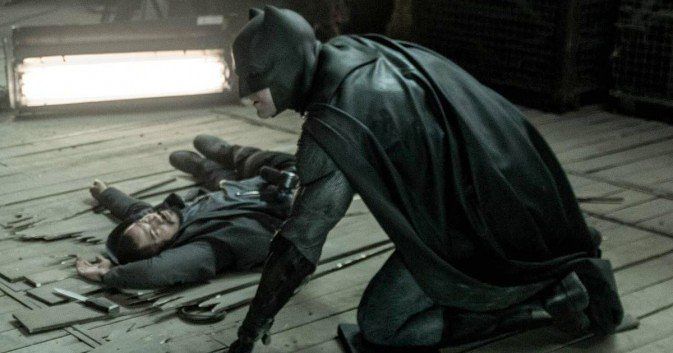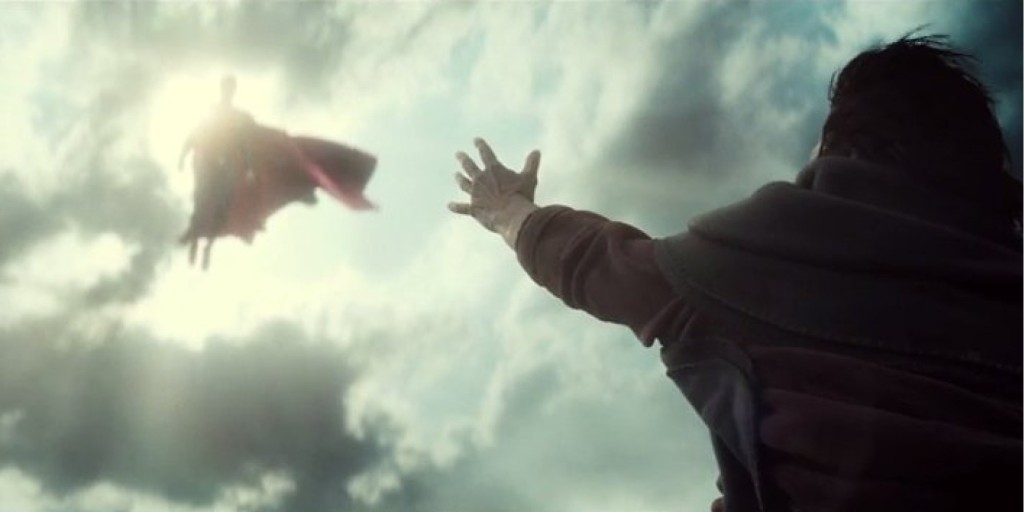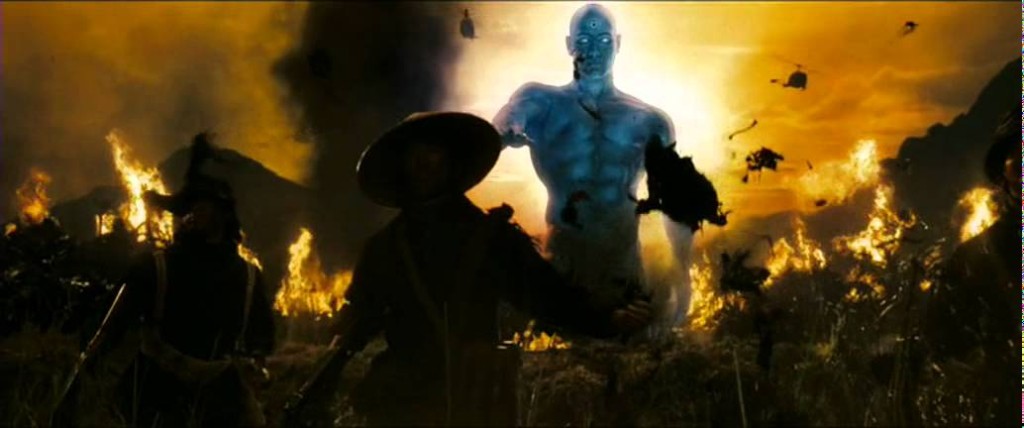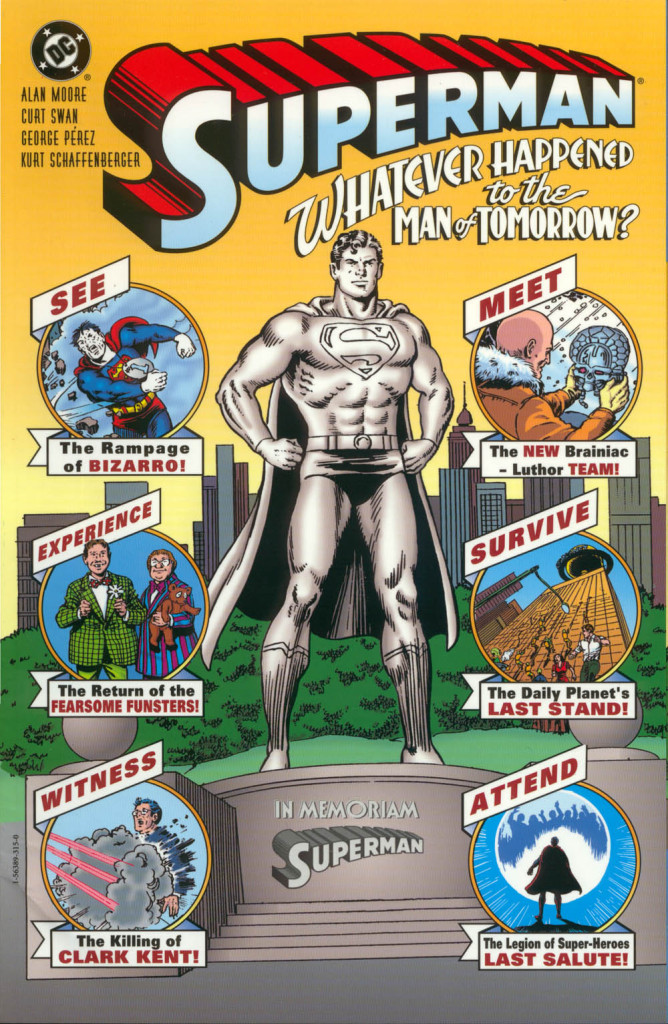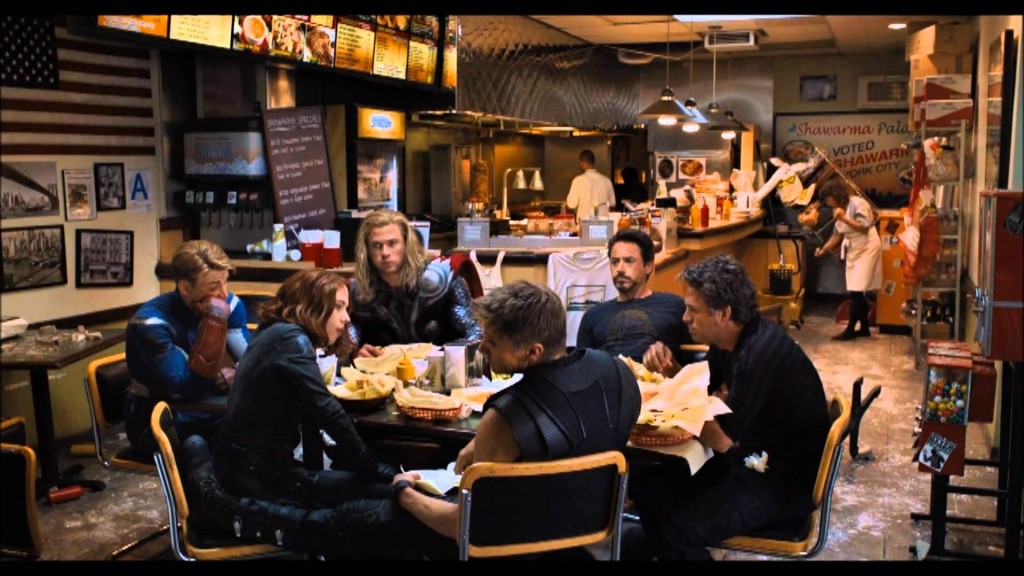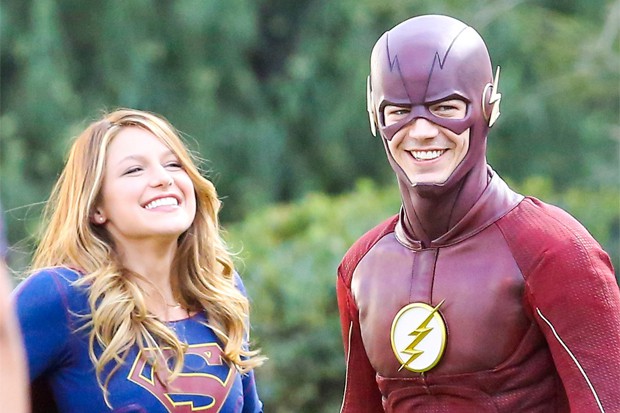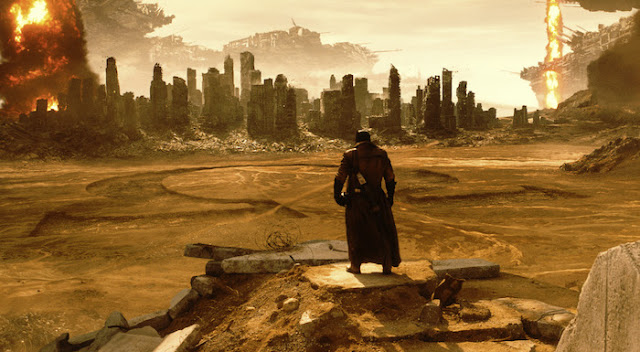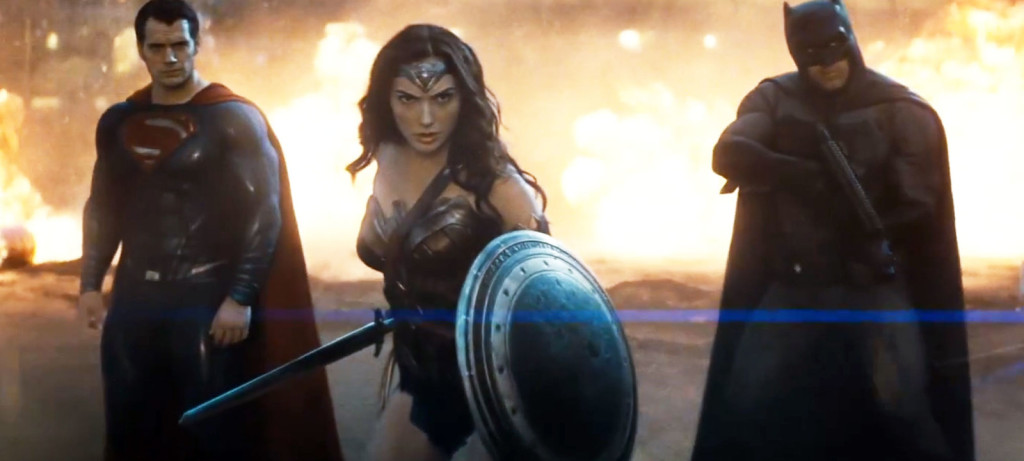Justice League opened last weekend with a disappointing $96 million domestic box office gross (though it made about twice that much overseas). Expensive, and extensive, reshoots were clearly a part of the reason why this is a disappointing opening. But the important thing is that the reshoots worked, and the movie is closer to what it needs to be that it would have otherwise been.
Spoilers Ahead.
The best summation I can offer is that this movie felt like a two-hour episode of the Justice League cartoon that I always was (and still am) a big fan of. It was pretty simple, very streamlined, and actually fun. This is a good thing compared to where the DC Expanded Universe was previously.
This movie had to accomplish some lofty goals and, for the most part, it attained those goals. Aquaman, Flash, and Cyborg came in with a clean slate, and they each acquitted themselves well. Wonder Woman was coming off her own excellent movie (far and away the best of the DCEU so far), so she came in with some cred and swagger. Batman and Superman, however, were in need of massive image rehab after the character assassination that was Batman v. Superman.
Batman and Superman were both in fairly decent shape coming into BvS. Christopher Nolan had made three damn good Batman movies since 2005 (not technically part of the DCEU) and unlike many people, I rather liked Man Of Steel. The issues that I had with it had nothing to do with Henry Cavill’s performance. My main gripe was the way Jonathan and Martha Kent gave the sort of life lessons to Clark that would make more sense in the Bizarro Earth.
Sure, Man Of Steel was far from perfect, but it did have the best live action Superman fight sequences of all time (massive Metropolis civilian body count aside). Then BvS made Superman a pouty Emo boy, and Batman a murdery, caped Punisher. The less said of everything Lex Luthor-related, the better. So Justice League’s primary mission had to be “Make the audience want to see more Batman and Superman movies.” To that I say mission accomplished.
Yes, the movie had issues. The flow of the movie felt choppy in places, and the CGI looks a lot cheaper than the supposed price tag would suggest. I suspect that both of these issues were due, in large part, to the necessary reshoots. The important thing is that I came out of the movie actually looking forward to seeing more movies starring any and all of these characters.
The Flash has most of the best lines. Aquaman seems like a cool hang. Cyborg’s story looks like it could go to some interesting places. Wonder Woman is still all good. Batman plays more like a Caped Crusader than a bloodthirsty maniac. And, out of all this, Superman was probably the highlight of the film for me.
For the first time since Superman II (1980) I was able to look at that character on the big screen and say “Now THAT is freakin’ Superman!” (Honorable mention to Brandon Routh and Tyler Hoechlin, who played decent Supermen with sub-par action surrounding them). A sort-of-amnesiac Man of Steel taking on the rest of the League is a cool set piece, but his big return in the climax of the film is what really won me over.
When he arrives just in the nick of time to give the team the final push towards victory, and those few notes of John Williams’ classic Superman Theme hits, it almost impossible not to get goose bumps. I’ll admit that Danny Elfman sampling his own Batman Theme along with Williams’ is a bit of a cheat code, but damned if they didn’t do the trick.
Anyway, Supes lays some smackdown on a giant alien bully, flies off to save a literal building full of civilians, then flies back to beat the crap out of the bad guy some more. It was the perfect use of Superman. If they can keep that going, then the granddaddy of all superheroes’ future is in a very good place.
Don’t get me wrong, the next round of films still need to be better. But, after Wonder Woman and this, I feel like the compass needle of the DCEU is finally pointing true north. Now, DC’s most iconic villains – Lex Luthor and The Joker – are still in desperate need of some character rehab. But at least DC/WB finally looks they they’re aware of that fact. And, hey, retcons have been a part of comic books almost as long as capes and tights have. So there’s hope.
I’m of the belief that having more good comic book movies is a wonderful thing. Marvel Studios has been banging them out of ten years now, hopefully Warner Bros comes to the understanding that the loss they may take from Justice League will lead to bug gains in the future. After all, if they started out making the movie they ended up making, it would have been cheaper (relatively speaking) and better.
Besides, you’ve still got a few weeks before The Last Jedi opens, and Justice League is definitely worth the fairly meager 110 minutes of your time. Did I mention this movie runs under two hours? It’s a nice break from the regularly inflated comic book movie runtime, and is another point in the film’s favor. So my real review is this: Go ahead and give it a shot. If you go in with realistic expectations, you won’t be disappointed. And, honestly, that’s only the second time I can really say that about the DCEU.
